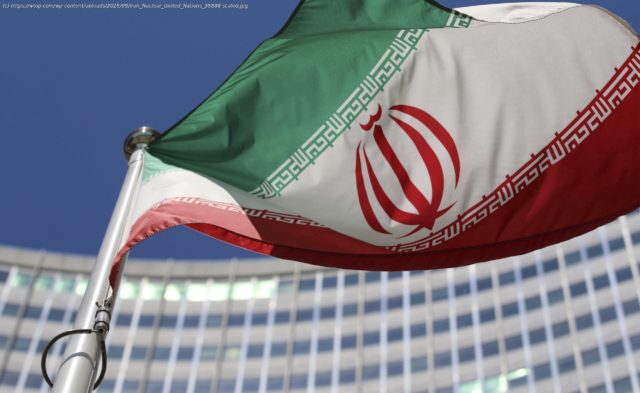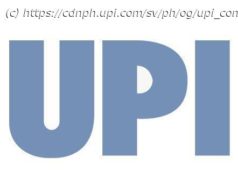DUBAI, United Arab Emirates (AP) — United Nations sanctions on Iran over its nuclear program will be reimposed Sunday, putting Tehran under new pressure as…
Arab Emirates United Nations sanctions on Iran over its nuclear program will be reimposed Sunday, putting Tehran under new pressure as tensions remain high in the wider Mideast over the Israel-Hamas war in Gaza.
At the U.N. General Assembly this week in New York, Iranian President Masoud Pezeshkian and Foreign Minister Abbas Araghchi tried a last-minute diplomatic push to stop the sanctions. However, Iran’s supreme leader Ayatollah Ali Khamenei boxed in their efforts by describing diplomacy with the United States as a “sheer dead end.”
Meanwhile, efforts by China and Russia to halt the sanctions failed Friday.
A 30-day clock for the sanctions started when France, Germany and the United Kingdom on Aug. 28 declared Iran wasn’t complying with its 2015 nuclear deal with world powers.
Tehran has argued without success that the deal was voided by the United States’ unilateral withdrawal from the accord in 2018 under President Donald Trump’s first administration. Since then, Iran has severely restricted required inspections by the U.N. nuclear watchdog, the International Atomic Energy Agency, particularly after the 12-day war Israel launched on Iran in June. That war saw both the U.S. and Israel bomb key Iranian nuclear sites.
“We don’t think it can impact the people of Iran, especially the people of Iran’s determination to defend their rights,” Araghchi said Friday in New York about the sanctions, despite the pressure already on the country’s economy. “The question is, what it impacts is diplomacy. It closed the way of diplomacy.”
Here’s what to know about Iran’s nuclear sites, “snapback” sanctions and other issues raising tensions between Iran and the West.
The “snapback” process, as it is called by the diplomats who negotiated it into Iran’s 2015 nuclear deal with world powers, was designed to be veto-proof at the U.N. Security Council and could take effect 30 days after parties to the deal told the Security Council that Iran was not complying. It would again freeze Iranian assets abroad, halt arms deals with Tehran and penalize any development of Iran’s ballistic missile program, among other measures.
Домой
United States
USA — Science What to know about Iran’s nuclear program as UN to reimpose ‘snapback’...






